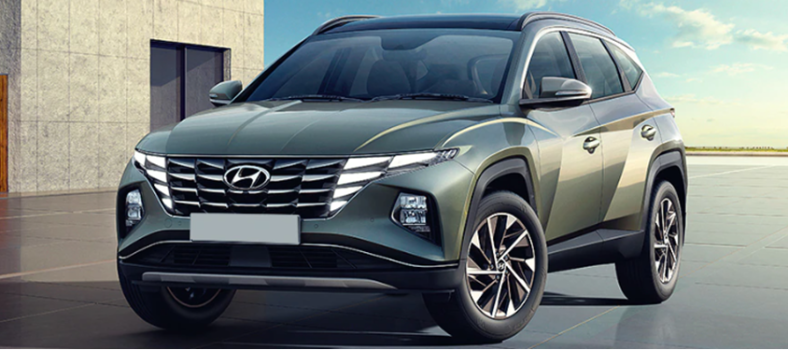Five things to consider when buying a car
Purchasing a car is not easy. A savvy buyer must always be prepared even before he or she sets food in the showroom.
The following are some basic questions you should think about when making that all important car purchase – this could save you plenty of money and stress down the line.
How much can I afford?
Firstly, no more than 12% of your net income should go to your car payments. Second, do you know that a new car’s value drops by at least 20% the second someone drives it? Consider buying a used car, preferably one that is only a couple of years old with the warranty still intact.
Don’t forget to budget for related expenses, because the cost of your car goes far beyond your monthly payment. It also includes the insurance premiums, cost of maintenance and gas – keep this all in mind when purchasing your next vehicle.
Get the best price
Try to buy the car later in the month, as there are often numerous rebate programs and bonuses by the end of the month that are based on the dealer’s monthly sales quotas. The reason for this is that sometimes dealers fall short of meeting their sales objectives. Since their performance is assessed by the end of the month, the dealers now have no choice but to sell the vehicles at a much lower price. They are pressed to make more sales to count for their monthly sales, which will put you at an advantage as a car buyer.
Are there incentives?
The manufacturer’s suggested retail price is commonly called the sticker price. This is the one you see in the window of the car to be sold, but never ever consider paying the amount stated on the sticker price – if you do, you are paying more than you should.
Why? In some cases, manufacturers provide the dealers with a little something extra, such as money, rebates or bonuses so that they can sell cars that are either overstocked or undersold. Make sure to find out if that car you are buying has some dealer incentives attached to it. If so, take that amount off from the purchase price and have yourself a good deal.
Check the invoice price
The invoice price is another thing you should check when buying a car. Usually, the price on the invoice is the cost the dealer paid the manufacturer when they bought the car, and this is before any rebates or incentives were included. From the invoice price you can get an idea as to how much the dealer can profit from each car sold; therefore, if you ask to see the invoice before making a decision, you can avoid getting severely ripped off! If the dealers try to refuse your request, you have sufficient reason to believe that the car being offered is an unpleasant deal.
Smart financing
Remember the longer your loan term, the more interest you end up paying. Most cars depreciate on a daily basis, so don’t drag it out. Instead, make a down payment on the car and finance it for the short term. Stick to a monthly payment you are certain you can afford.
If you have experienced difficulties in securing finance or you have been turned down by banks, talk to a financing expert. Many financing companies offer solutions that are tailored to each individual customer’s requirements. You can also find useful information from their websites such as Westralian Auto Finance’s (http://www.westralianautofinance.com.au/).
Yuan Liu is a freelancer who is now saving for a car. She finds financing is the most challenging part in this project and is thinking about consulting a financial advisor.
Image courtesy of anankkml / FreeDigitalPhotos.net






No Comment